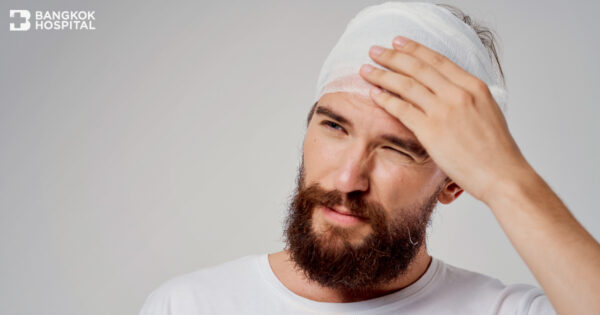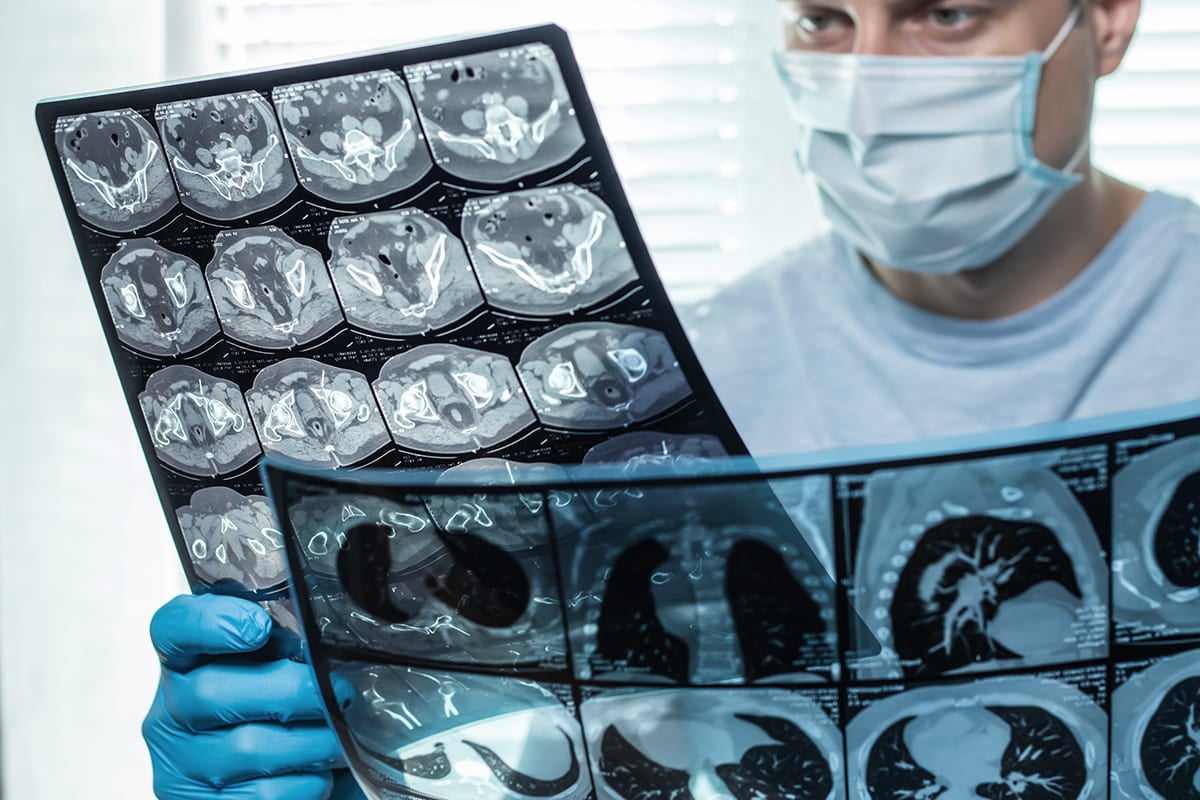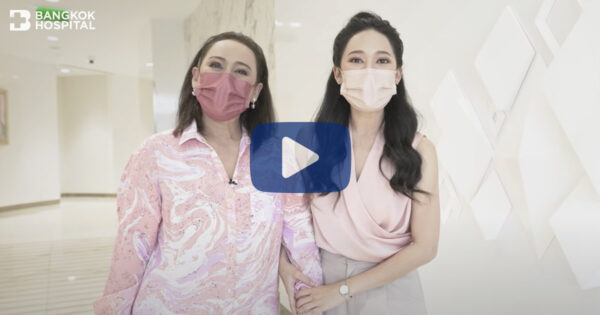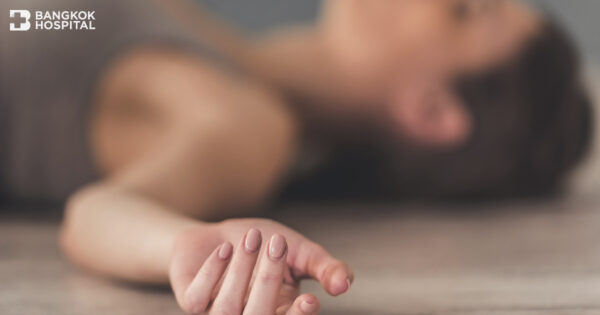Do you realize that head injury is the leading cause of death among all trauma cases? So, it is important to know how to protect yourself from a head injury.
Head Injury
A head injury is any trauma to the head and body which causes damages to the scalp, skull, brain, and cranial nerves. It can affect changes in personality as well as behavior.
What Causes Head Injury?
The common causes of head injury include:
- Traffic accident
- Accidental falls
- Victim of violence
Severity of Head Injury
Minor injury has the following symptoms:
- Mild headache
- Cognitive, speech and reading problems
- Concentration problem and memory loss
- Unable to make decision and solve problem
- Dizziness or loss of balance
- Change in sleeping pattern – difficulty falling asleep or sleep more than usual
- Mood swing such as depression, being anxious or upset easily
- Blurred or tired vision
Moderate to severe injury can include any of the signs and conditions of the minor head injury but with the following symptoms and will require immediate medical attention:
- Severe headache
- Persistent headache that does not improve
- Vomiting and nausea
- Convulsions or seizures
- Feeling dazed
- Fallen unconscious
- Difficulty speaking
- Weakness and numbness in legs
- Feeling confused and agitated
- Blurred, unclear or double vision
- Difficulty being awaken from sleep
Head Injury Diagnosis
If you have received head injury and the condition is so severe that you need medical attention, there are several methods to diagnose the head trauma:
- X-ray – skull and other injured part of the body
- CT brain scan
- MRI
- Chest X-ray
- ECG
Treatment Methods for Head Injury
The doctor will assess the injury and determine a suitable method for each patient, depending on severity of the injury. The doctor will provide the diagnoses and offer the appropriate treatment methods for the patient and the family to choose. Some patients will need follow-up sessions or close monitoring, while others may require surgeries. Normally, the initial treatment will be to emphasize on preventing any complication that may occur concurrently with the head injury.
Preventive Measures for Head Injury
Preventing traffic accident injury:
- Wear a seat belt while driving or riding in a car
- Wear a helmet while riding a motorcycle
- Check your vehicle’s brakes, tires, and lighting system regularly
- Do not drive over the speed limit
- Avoid unsafe roads
- Remember important traffic signs
- Do not drink and drive
- Do not drive when you are tired, but stop at rest area
- Be cautious while driving

Accidental Fall Prevention
- Choose an exercise program that is suitable for your condition according to your doctor’s advice
- Keep home environment safe by:
- Tidying up your rooms
- Do not put anything on the floor or staircase
- Keeping frequently used items close at hand
- Ensuring that there are handrails on both sides of any staircase
- Installing nonskid tiles in the bathroom
- Mounting grab bars in the bathroom
- Ensuring that there is sufficient lighting in the bedroom
- Choosing light switches that are easily operated
- Wearing shoes every time you step out of the house
- Do not wear clothes that are too long or too loose
- Check your eyesight at least once a year, because deteriorated or blurred vision can lead to an accidental fall.
- Medication must be only under your doctor’s or pharmacist’s recommendation because some types of drugs may cause fainting, palpitation, dizziness, etc.
It is crucial to always realize that head injury can happen at anytime and anywhere. Therefore, you need to have an emergency contact number on your speed dial. For everyone, if an accident occurs, you should seek medical attention immediately. The sooner you get to a doctor, the lower the risks and, thus, the better the chance of being cured.












